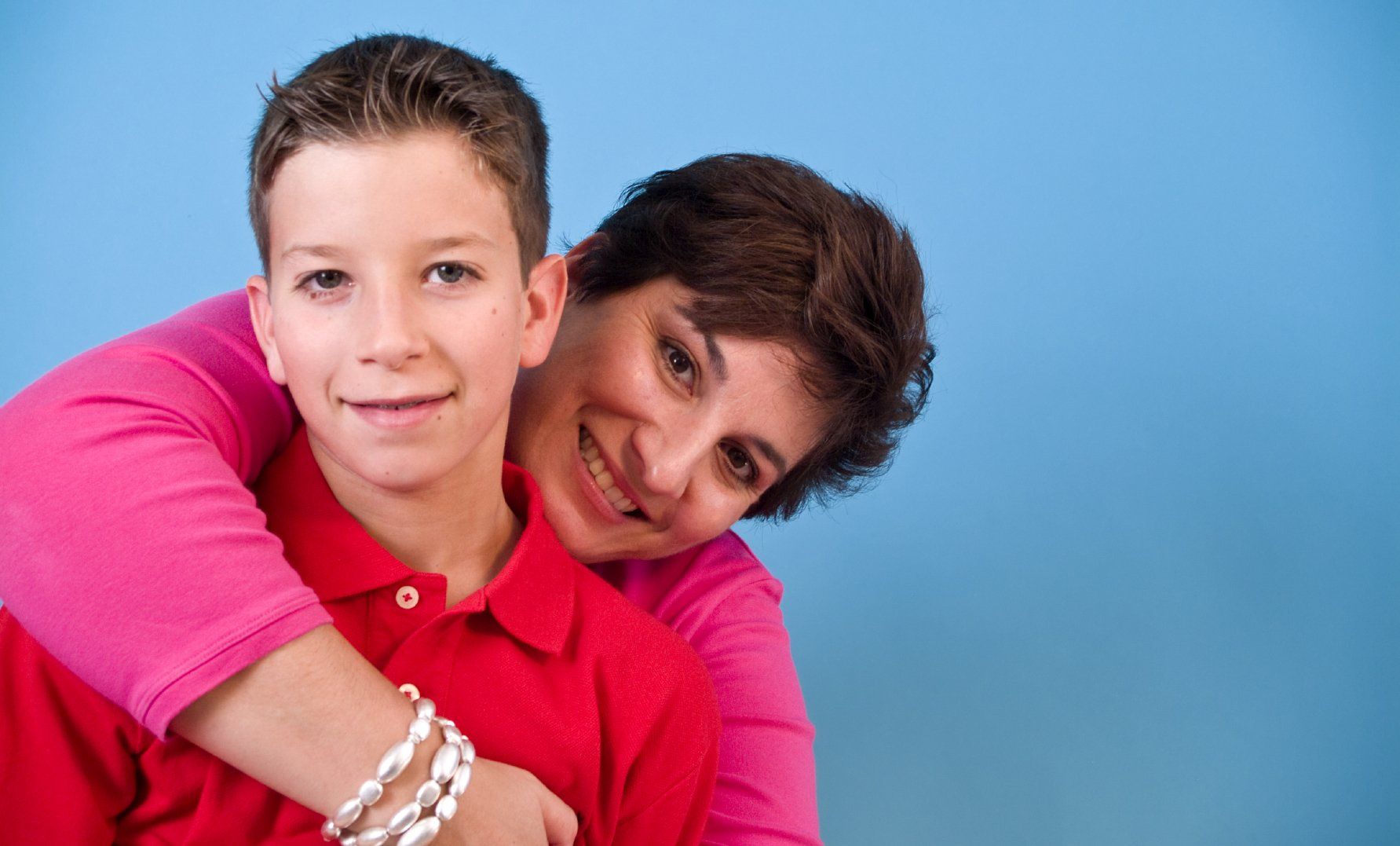How To Protect Young Children With An Estate Plan
Every parent wants to be sure that their children are safe. However, most parents don't know how to create a legal safety net for their children if they die or become incapacitated. Life insurance and personal savings alone are not enough to ensure that young children will be properly cared for. A comprehensive estate plan is essential to provide support for children.
There are two critical parts to every estate plan for children.
Part 1: Financial Support
Financial support for children is achieved by using a trust. A trust for children is designed to create a legally enforceable relationship between a trustee, the children, and the assets owned by the trust. A trustee is appointed in a trust document which contains detailed instructions for the trustee to manage property for children until they reach an age specified by the parents. A trust is the only way for parents to create this important legal relationship.
Every Estate Plan for Children Should
Include a Trust
A trust is the only way for parents to appoint a trusted person ("trustee"), who must follow their instructions, to hold and manage the parents' property, for the benefit of their children.
Each of our estate plans for children includes at least one revocable trust (often referred to as a "living trust"). Each plan also includes detailed instructions, forms, and "how-to" guidance that a trustee needs to implement the trust without professional help. This means that a trustee can act quickly and confidently to provide financial support to the children and to their guardian.
Part 2: Personal Care and Custody
Personal care and custody of children is achieved by appointing a guardian in writing. A guardian is legally obligated to provide care and custody for children until the age of 18. The guardian receives financial resources from the trustee to care for the children.
Each of our estate plans for children includes a separate document to nominate a guardian. By using a separate document (rather than a will), a guardian can be quickly appointed by the probate court without costly and time-consuming hearings or disputes among family members.
Complete Estate Plans For Parents With Young Children
We offer four types of complete estate plans for parents with young children. Choose any type of plan to learn more about its features and benefits.
We will help you select the right estate plan for your family.
How To Start An Estate Plan For Young Children
Please follow these steps to begin your estate plan. There is no cost to meet with an attorney to discuss our services.
Step 1: Review Options and Fees
Use our Cost Estimate Worksheet to get a customized quote.
Step 2: Schedule a Consultation
Use our online calendar to schedule a consultation with an attorney.
Step 3: Gather
Information
Complete an Estate Planning Worksheet to prepare for your consultation.




